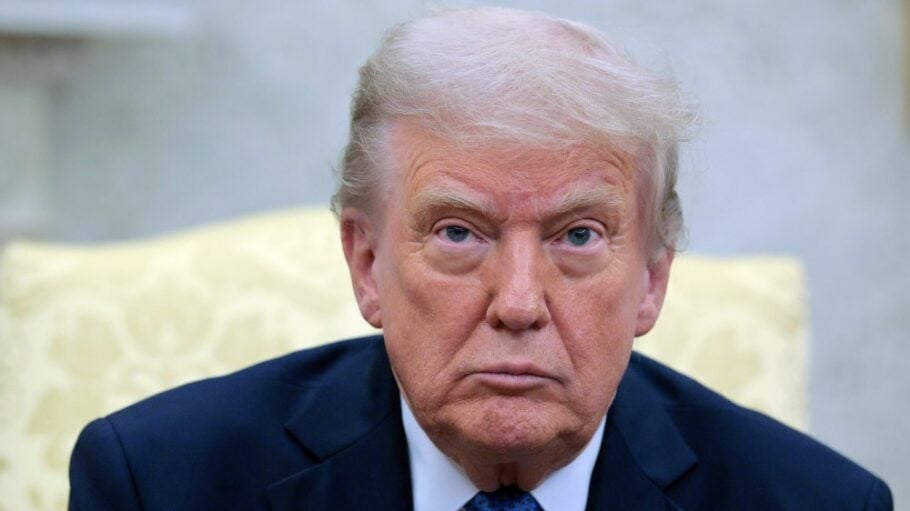A coalition of entertainment unions, joined by the Motion Picture Association, urged President Trump on Monday to support tax deductions that benefit the entertainment industry.
The unions organized a joint letter to Trump, which was also signed by two of Trump’s three “special ambassadors” to the industry, Jon Voight and Sylvester Stallone.
In the letter, the unions thanked the president “for the support you have shown our industry,” and for drawing attention to the flight of production overseas. Last week, Trump announced a 100% tariff on “any and all” movies produced in “foreign lands,” in an effort to bring production jobs back to the U.S.
The joint letter does not mention the tariff. It does make reference to a federal film subsidy — a politically complicated undertaking which does not yet appear to have bipartisan support — as a “longer-term initiative,” but does not elaborate on that topic.
“Currently, more than 80 countries offer production tax incentives and as a result, numerous productions that could have been shot in America have instead located elsewhere,” the letter states. “Returning more production to the United States will require a national approach and broad-based policy solutions, including those we propose below as well as longer term initiatives such as implementing a federal film and television tax incentive.”
The letter focuses on three relatively small-bore measures, and asks Trump to support including them in the budget reconciliation package currently working its way through Congress. Those measures include an extension of Section 181, which speeds up the deduction of up to $15 million in production expenses.
The unions want to double that cap to $30 million — or up to $40 million for production in low-income areas.
Love Film & TV?
Get your daily dose of everything happening in music, film and TV in Australia and abroad.
The letter also seeks support for another deduction, Section 199, that expired in 2017. The deduction reduced corporate tax rates for certain forms of domestic manufacturing, including filmmaking.
“A domestic production incentive would make the U.S. market more competitive and able to retain and return high-paying jobs tied to film and television productions – and the use of this deduction has historically promoted significant economic and job growth,” the letter states.
The union letter also seeks reauthorization of Section 461, which allowed companies to carry back their net operating losses for up to five years, thus using those losses to lower prior year tax bills. That provision was included in the COVID relief package, but expired in 2022. The letter argues it particularly helps film companies, which have very uneven income patterns.
The letter was signed by the leaders of the Directors Guild of America, SAG-AFTRA, the Writers Guild of America, the International Alliance of Theatrical Stage Employees, the Teamsters, the Producers Guild of America, Producers United, the Motion Picture Association, the Independent Film and Television Alliance, and FilmUSA.
“The DGA remains focused on increasing the number of jobs for our members and other industry workers by incentivizing domestic film and television production at the federal and state level,” said Russell Hollander, the national executive director of the DGA. “This proposal is an important step in that direction, as we continue to push for a comprehensive federal tax incentive and other measures to combat the current decline in film and television production at home.”
Matthew Loeb, the international president of IATSE, argued three tax deductions measures will help bring jobs home.
“American film and television workers have faced unprecedented job losses due to aggressive overseas incentives and economic uncertainty,” Loeb said. “The federal government must provide a balanced, comprehensive response to level the international playing field and support American jobs.”
After Trump first broached the idea of a 100% tariff on foreign-made films on May 4, the White House quickly made clear that no final decisions had been made. Trump also said that he would meet with the industry on the issue.
“I’m not looking to hurt the industry,” he said. “I want to help the industry.”
The leaders of the studios held a meeting Friday to discuss how to respond. The joint letter emphasizes one of the MPA’s key talking points over the last week, namely that the entertainment business is a leading export industry, with a $15.3 billion trade surplus with the rest of the world.
From Variety US































